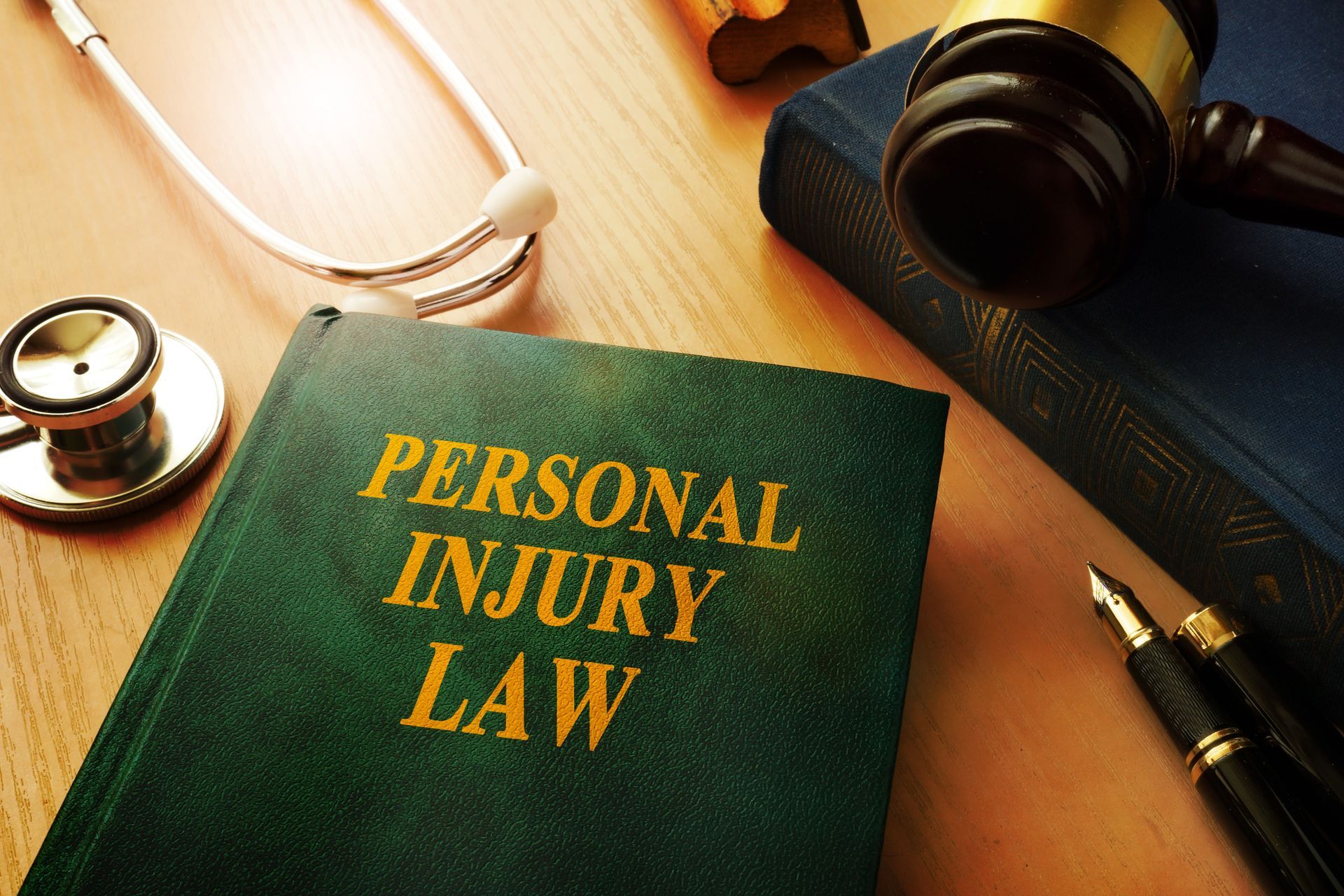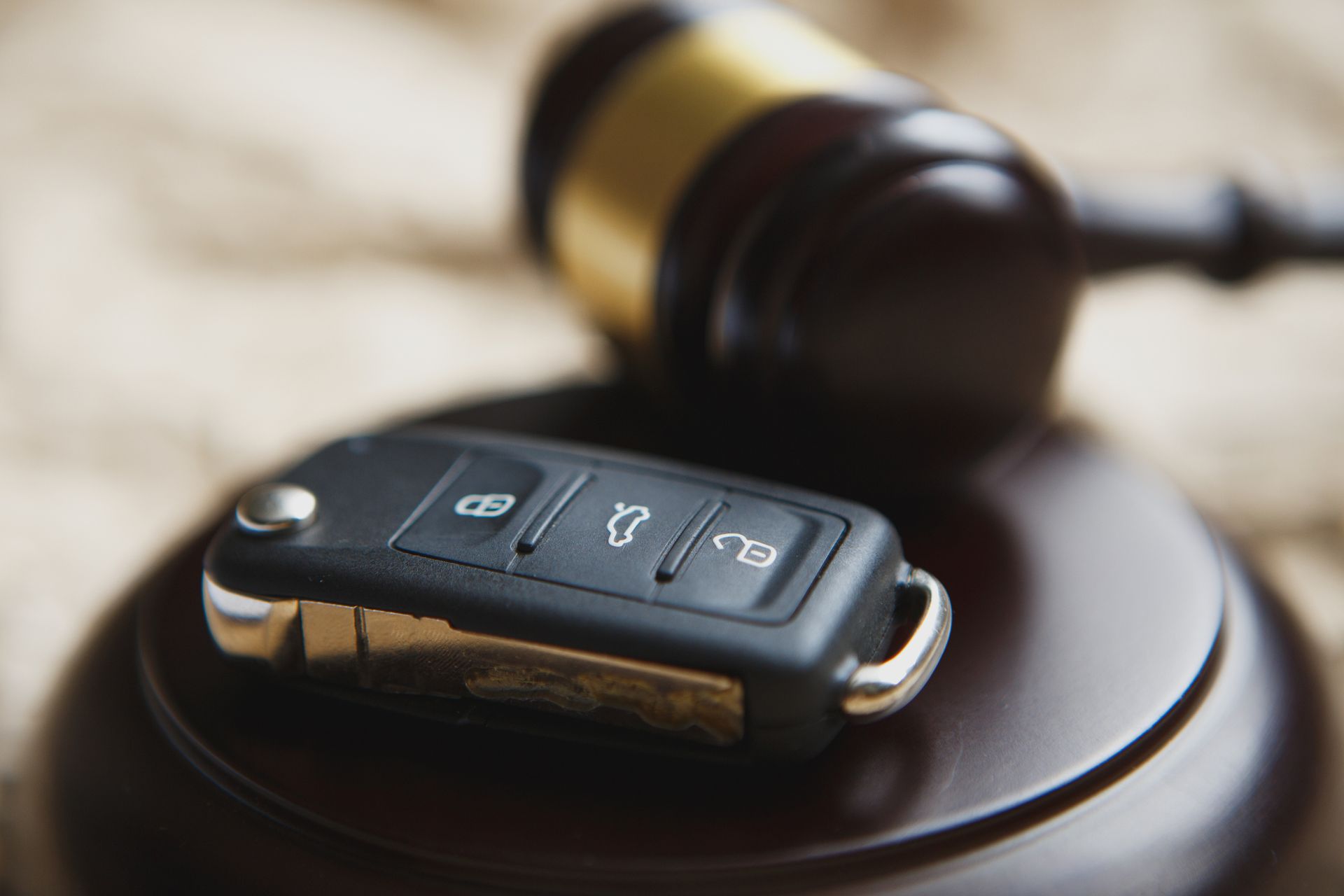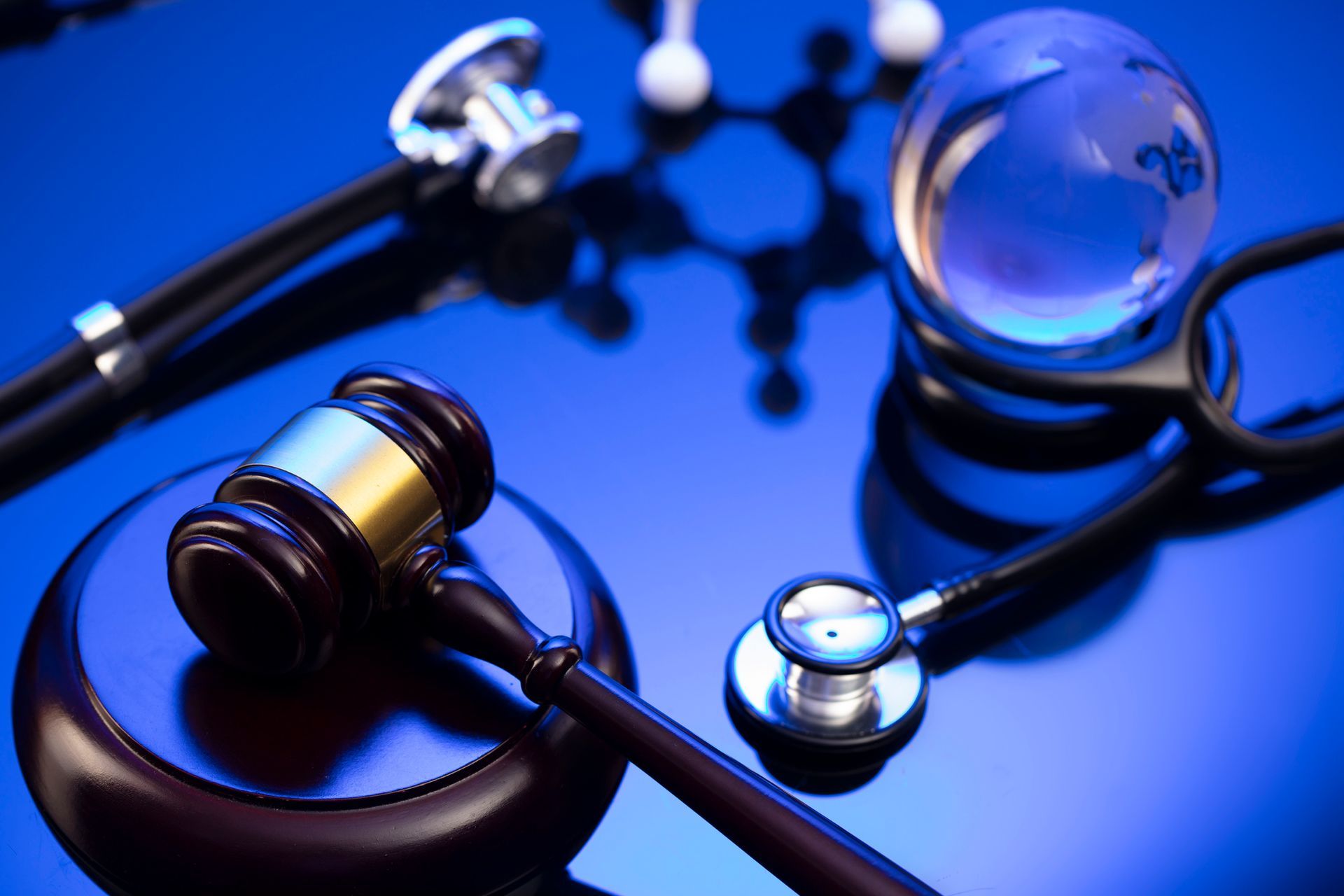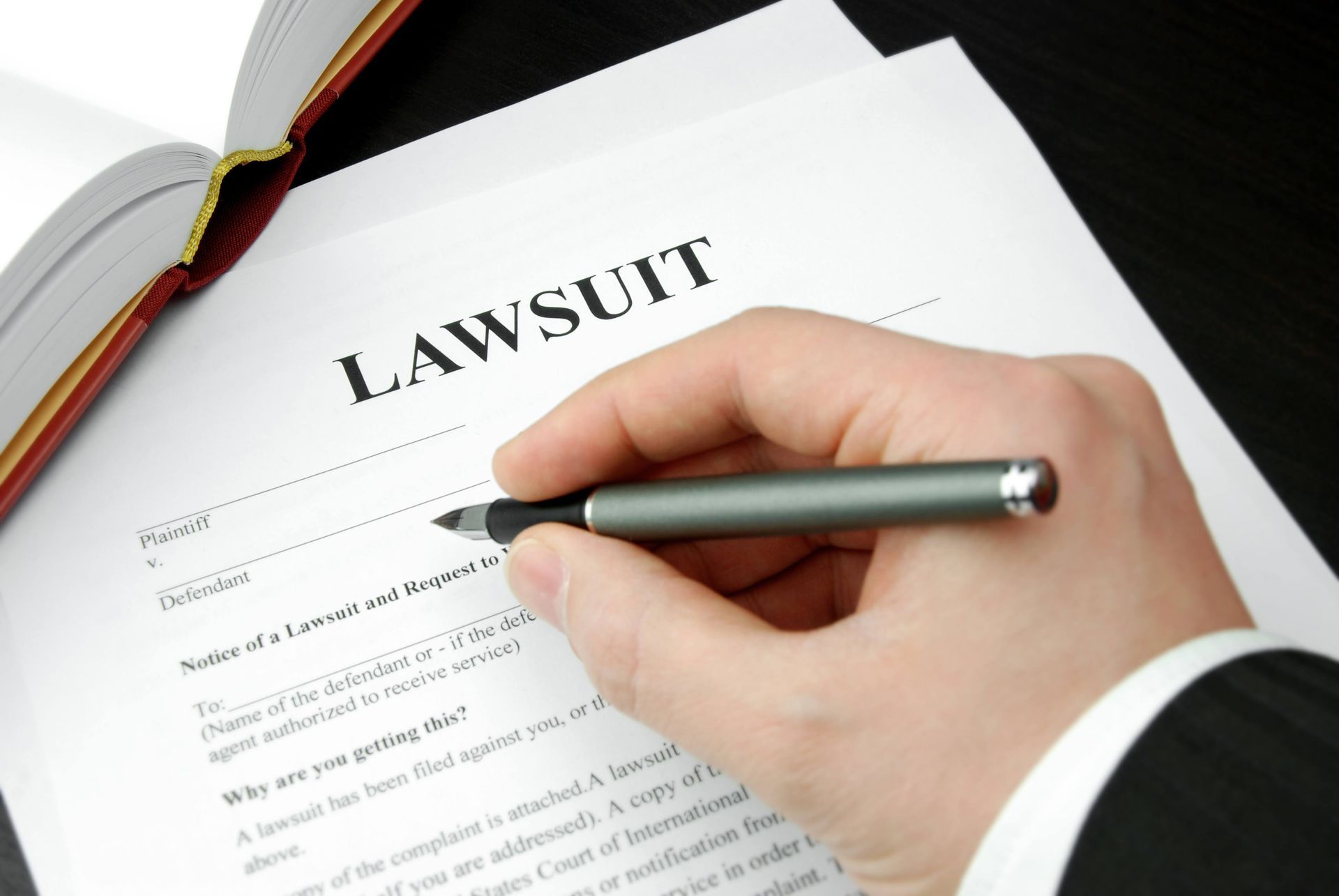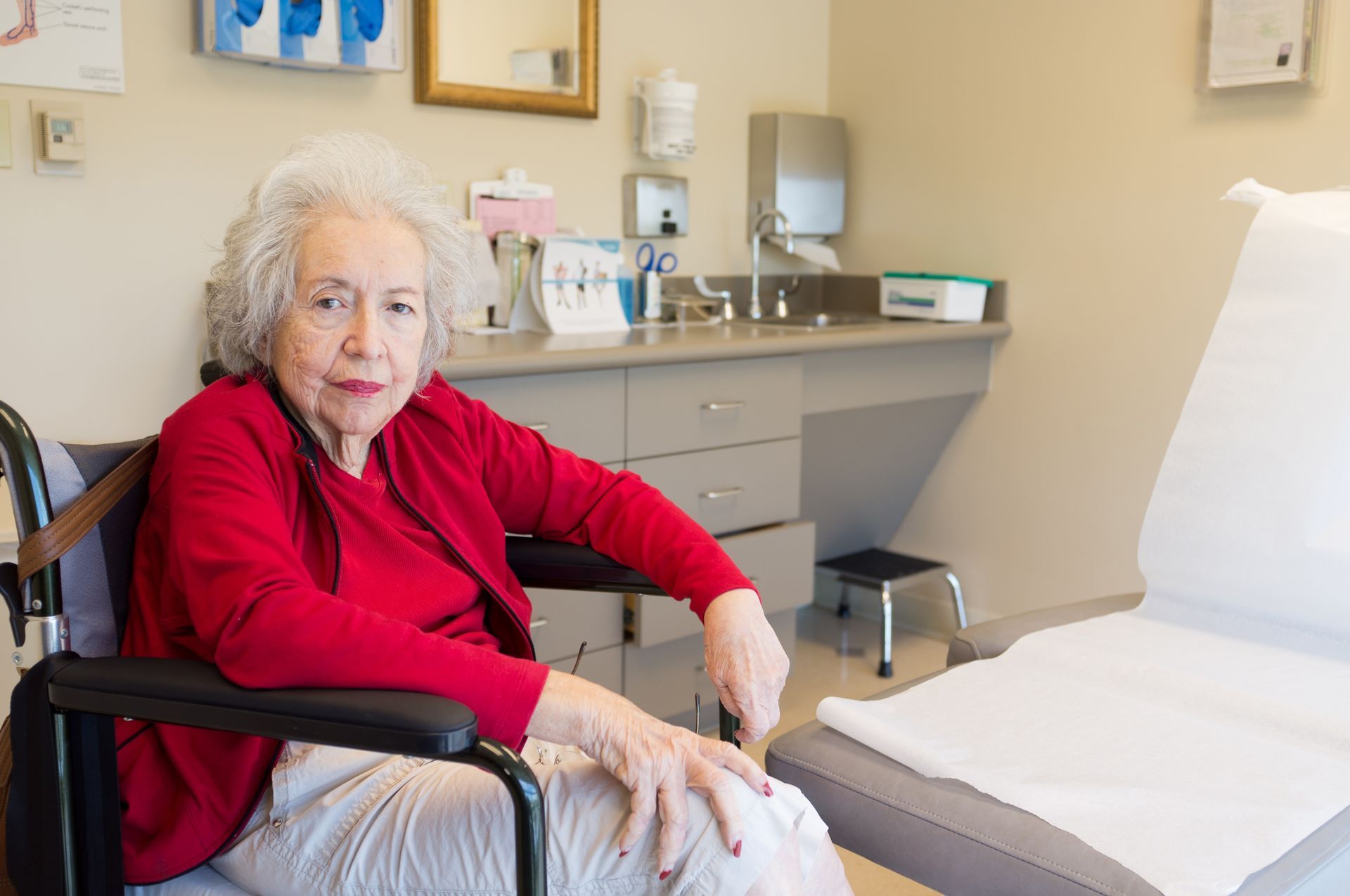An Overview of Post-Accident PTSD and Its Related Claims
An auto accident can cause various injuries, both physical and mental. For example, you might suffer post-traumatic stress disorder (PTSD) after a horrific accident. PTSD is a mental health problem that affects those who have experienced or witnessed traumatic events. Below are some things about PTSD and PTSD claims after an accident.
When to Seek Medical Care
You might develop PTSD soon or sometime after the accident. Thus, you should not dismiss your symptoms even if they appear weeks after the crash. Seek medical care for your PTSD symptoms even if you have already received treatment for your physical injuries. For example, you should seek treatment if you:
- Have intrusive thoughts, memories, and nightmares about the accident
- Avoid things related to the accident, such as driving
- Experience significant changes in your emotions or mood
- Experience changes to the way you react to things (for example, you might startle easily)
Your doctor might use physical and psychological examinations to diagnose your PTSD.
What Treatment Includes
The most significant thing to do after an accident is to recover as soon as possible. Recovery depends on correct diagnosis and treatment. PTSD treatment takes various forms. The major treatments include different forms of psychological treatments and medications. Note that PTSD treatment can take some time, so your treatment costs might be high.
Follow your doctor's treatment plan to the letter to aid your recovery and help your PTSD claim. You need the diagnosis and treatment records to connect your injuries to the accident and hold the defendant liable for your damages.
How to Obtain Compensation
You must prove all injuries for which you want compensation. However, you might struggle to prove your PTSD. Anyone can easily see if you have a fractured limb or a cut in the head but not an emotional injury. Below are some ways to prove your claim.
Diagnosis and Treatment Records
Even though PTSD is an invisible injury, doctors have diagnostic and treatment techniques for it. Thus, you should seek medical care if you suspect the condition. You can then use the records to prove the injury's existence. The records can also help you prove the related damages. For example, the defendant should pay the cost of all your therapy sessions.
Eyewitness Testimony
Eyewitnesses can testify about your symptoms. For example, work colleagues or neighbors can testify about your mood changes, fear of driving, and memory problems, among other symptoms. The testimony can corroborate your medical records and strengthen your claim.
Work Records
PTSD can affect your work in multiple ways. For example, you might:
- Struggle with tasks that require cognitive functions
- Fall asleep at work
- Get into arguments with your coworkers
Your productivity can drop, you might have to take time away from work, and you might even lose clients. Use your work and income records to prove lost income due to PTSD.
Expert Testimony
You may also need an expert witness to prove your PTSD and its damages. An expert witness is a person with specialized skills whose opinion can shed more light on some factual matter. For example:
- A mental health expert can testify whether your symptoms show PTSD
- A doctor can explain how an accident can lead to PTSD
- A financial expert can explain how your PTSD has affected your income
Your injury lawyer will help you identify and reach the experts you need.
In many cases, those who develop post-accident PTSD also have other physical injuries. In such a case, your PTSD claim will form part of your auto accident injury claim. Schonberg Law Offices can help you prove your auto accident damages and get the compensation you deserve. Contact us for a consultation to determine how to proceed with your case.
